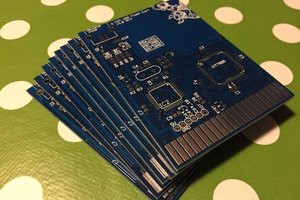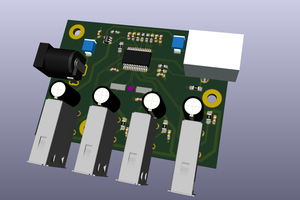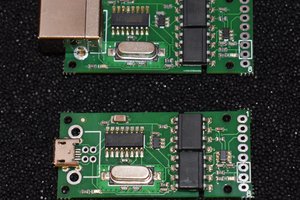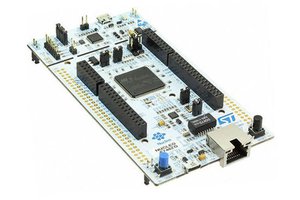Download the Slides
You can see the slides right here.
What you Get
You get a SAMD21 Xplained Pro board, thanks to Atmel for giving us a bunch! You also get 2x Micro USB cables for the board (not included in the standard dev kit).
What to Bring
I recommended bringing a laptop to follow along, but the workshop will move at a very rapid pace so you can also sit in and then experiment on your own time if you wish. If you don't use Windows you'll have to experiment on your own time (there is insufficient time during the workshop to cover compiling for the dev-board on Mac/Linux). Note the Python aspect is entirely cross-platform, and can run on Linux/Mac. The only issue is compiling the firmware for the SAMD21 Xplained Pro board.
If you want to follow along in the workshop, bring a Windows laptop with the following installed:
- Atmel Studio 7 (6.2 would also work):
- See Product Webpage (see latest version, registration required)
- Latest Version of Web Installer (no registration required, internet access needed)
- Latest Version of Offline Installer (no registration required)
- WinPython-2.7
- libusb-win32-devel-filter (NB: No need to open the filter install wizard when done)
- USBView
- USBView (no install, just unzip)
- Using 'pip', install pyusb & pyside (see project log for details).
As I'm trying to cover a lot of material, depending on how quickly everyone is able to follow along the workshop may not be entirely hands-on. All material will be available before, during, and after the workshop however so you will not be left out! You get to keep the SAMD21 Xplained Pro dev-kit so are free to work on this at your own leisure.
 Colin O'Flynn
Colin O'Flynn





 Stian Soreng
Stian Soreng
 Lacho Tomov
Lacho Tomov
 ZeptoBit
ZeptoBit
 Tyler
Tyler
When installing Atmel Studio, there's the option to install the toolchains (8bit, 32bit, and ARM) packs separately. Since the SAMD21 is an ARM, do we need the other two sets of tools? (not installing saves some download time/install space)